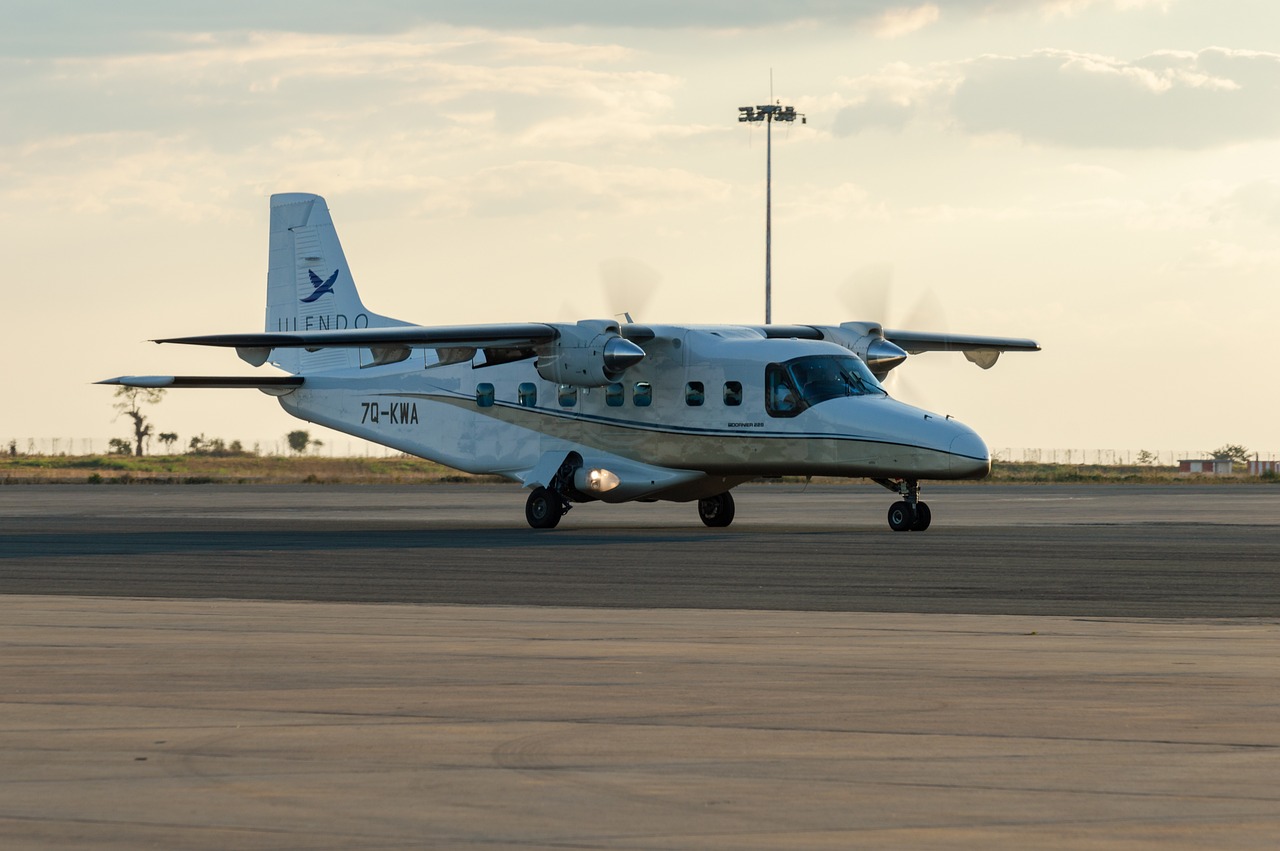Touring Artists Transport Logistics.

Artists and musicians on a tour can cover anything from a single country up to a global tour and the transport logistics will always be challenging. Tours are arranged by the artist’s record company usually to coincide with the release of new material. They will appoint a tour manager who is responsible for organising every aspect of the tour including transportation.
Transport logistics will need to include the performing artists, their crew and all the equipment necessary to put on a show in a scheduled location which can be a fixed venue or a music festival. Prime considerations for transport are the safe and timely delivery of personnel and equipment according to a pre-defined schedule. Tour managers must balance budget constraints with safety and sustainability, what are the key considerations in achieving this balance?
Planning.
Tour schedules are usually dictated by the availability of potential venues and should follow a logical routing itinerary, and it is essential that sufficient time is allowed for transport that accounts for delays and necessary rest periods between performances. Equipment like instruments will need to be transported with, or ahead, of the artists, however, in most instances backline equipment is rented in each location. Tour managers often use the services of professional transport logistics companies who have specialist experience of processing customs clearance and crew visas for example.
Road and Train.
Using road or rail transport is a good option for shorter journeys of less than a day because they are safe, convenient and comfortable in most cases. A well-equipped tour bus can include cooking and sleeping facilities and are relatively inexpensive to hire. Buses are a good option for shorter regional tours without any international travel. Equally use of trains can provide a faster cheaper option when travelling between cities and major conurbations.
Flights.
For international tours artists and crew will have no choice but to take a flight and, in most cases, these will be booked on commercial scheduled routes. Flying is fast but can be expensive and is not particularly environmentally friendly. The use of small charter and private aircraft is an option but unfortunately history has not been kind to touring artists selecting this option. Notable accidents have included Buddy Holly (1959), Otis Redding (1967), Lynyrd Skynyrd (1977), Rick James (2004) and Aaliyah (2001). Although each of these is tragic, they usually involved a lack of due diligence by tour managers on the safety of aircraft and pilot suitability. Performers are often delayed meaning flights are compromised by poor weather and the need to get to their next scheduled performance in good time.
Sustainability.
Being eco-friendly is an image most performing artists want to project to their fan base, and this applies to the transportation options chosen for their tours. Trains and road transport offer a more environmentally friendly alternative to flying which has a higher carbon footprint. Where artists have no choice but to fly, they can invest in a carbon offset project to lessen the perceived impact.
Security and Safety.
The safety and security of the touring personnel should be a high priority for the tour manager which makes use of private charter flights questionable. Opting for road transport and regular scheduled flights is cheaper but artists may be more vulnerable to security threats as well-known performers will be closer to the public.
For festival organisers planning their events using a software management platform like Festival Pro gives them all the functionality they need manage every aspect of their event logistics. The guys who are responsible for this software have been in the front line of event management for many years and the features are built from that experience and are performance artists themselves. The Festival Pro platform is easy to use and has comprehensive features with specific modules for managing artists, contractors, venues/stages, vendors, volunteers, sponsors, guestlists, ticketing, cashless payments and contactless ordering.
Image by RobMcC171 via Pixabay
<< Back to articles
Contact us
Get in touch to discuss your requirements.
US: +1 424 485 0220 (USA)
UK: +44 207 060 2666 (United Kingdom)
AU: +61 (2) 8357 0793 (Australia)
NZ: +64 (0)9887 8005 (New Zealand)